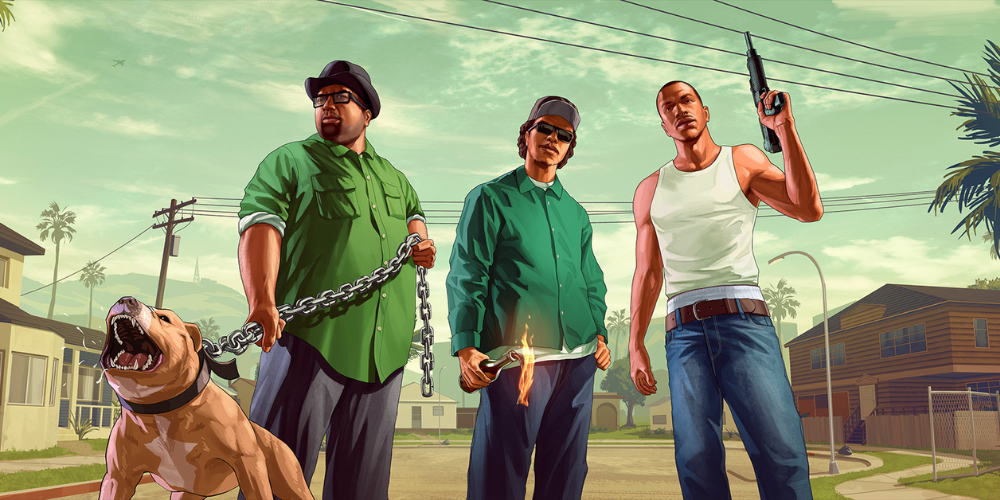
It might appear curious that the silver screen has yet to showcase a Grand Theft Auto epic. All the components for cinematic success are present: a coherent story arc, a brand that flies off the shelves, and abundant reasons to include hallmark movie thrills such as detonations and high-speed chases. The Grand Theft Auto franchise, alongside its counterpart Red Dead Redemption, has proven to be a blockbuster sensation in the gaming industry, garnering both critical acclaim and a gargantuan fanbase worldwide.
Nonetheless, Rockstar co-founder Dan Houser has remained unconvinced about translating either Grand Theft Auto or Red Dead Redemption into a film. During an interview with The Ankler, he disclosed that throughout his time at Rockstar, he fielded numerous overtures about film adaptations. Hollywood executives were evidently keen to bring the adrenaline-pumping escapades of Grand Theft Auto to a wider audience through film.
"After some initial mingling, we would pose the question to [the executives], 'What's in it for us?'" Houser remarked. It seems the typical retort was simply, "You get to produce a film." From the surface, such propositions appeared enticing – the allure of Hollywood glitter, potential expansion of the brand's reach, and tapping into an entirely new revenue stream. However, Houser’s response to these became strikingly critical.
Yet Houser's reaction was skeptical. "What you're outlining is your team crafting a film while we relinquish control, with the gamble likely falling in our lap, threatening an asset we own," he explained. Houser and his team weren't particularly drawn to offering up their prized creative works to Hollywood, especially when the projected financial benefits seemed unproportionally weighed against the considerable risks involved. "The allure of the spotlight wasn't enticing to us. Given our billion-dollar-plus intellectual property, the financial figures and risks never aligned. At that time, the prevailing view was that video games translated into subpar films."
He made it clear that the control of narrative and characters, the very heart and soul of Grand Theft Auto and Red Dead Redemption, was paramount for them. The potential of diluting their stories or misrepresenting their characters in a film adaptation wasn’t a pill they were willing to swallow. Historically, the transition from game console to cinema screen hasn't been kind to many video game franchises, often marred by poorly received adaptations that fail to capture the essence of the original game.
Therefore, Houser and his team stayed committed to developing Grand Theft Auto as a preeminent video game series, with Red Dead following suit. Despite potential ease of adaptation, the core concern for Rockstar’s reluctance rested in relinquishing their cherished brainchild to another production studio. By keeping their focus sharpened on the realm of gaming—a domain where they had complete authority and creative rein—they ensured that the franchises remained true to their origins.
Moreover, Houser's apprehension perhaps foretold a broader truth about the entertainment industry: not every successful narrative or franchise is adaptable to the film world. Some stories are best told within their original medium, utilizing their unique capabilities to engage audiences. Grand Theft Auto's interactive world, intricate storylines, and character development benefit significantly from the platform of video gaming, providing a level of immersion that a passive viewing experience might struggle to match.
In the end, Rockstar's decision to maintain its laser focus on video game development rather than branching out into film adaptations has been met with resounding success. The loyalty and enthusiasm of their fanbase remain undiminished, and the company continues to push the boundaries of what is possible within video gaming. As game technology and storytelling techniques evolve, it seems that Rockstar's creations will continue to thrive and captivate audiences exactly where they belong: in the digital realms of adventure, chaos, and cinematic excellence.